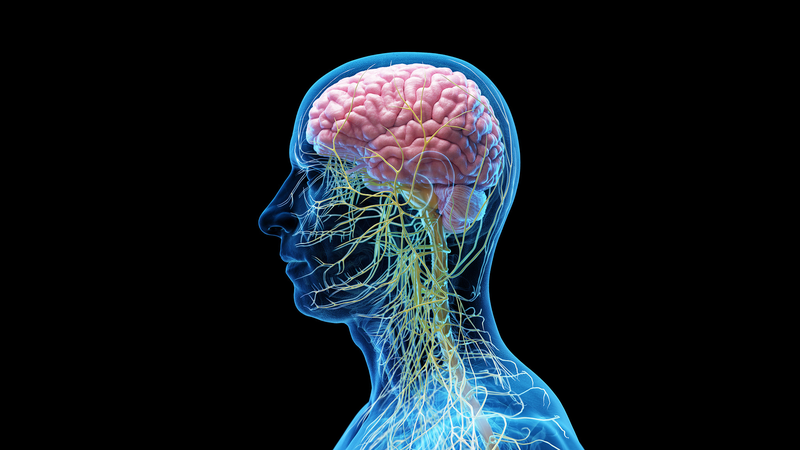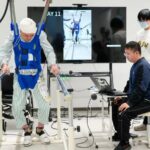An experimental neck surgery in the Chinese mainland is sparking cautious excitement in the fight against Alzheimer’s disease – a condition affecting nearly 17 million people in China alone. Researchers are repurposing a procedure called deep cervical lymphovenous anastomosis (dcLVA) – originally used to treat swelling caused by blocked lymphatic vessels – to target brain toxins linked to cognitive decline. 🌟
Dr. Xie Qingping, a pioneering surgeon at Hangzhou Qiushi Hospital, has led over 600 surgeries since 2020, with 80% of patients reportedly showing improvements in memory, behavior, or thinking. "It’s like unclogging a drain for the brain," he explains, referencing the surgery’s focus on enhancing the brain’s natural toxin-clearing systems.
The ‘Brain Plumbing’ Connection 💧
The breakthrough began when Dr. Xie treated a patient with chronic tinnitus and discovered blocked neck lymphatics. By rerouting these vessels to nearby veins – a technique borrowed from limb edema treatments – the patient’s tinnitus vanished… and their mental clarity improved.
This unexpected result led Dr. Xie to collaborate with U.S.-based research on the glymphatic system, the brain’s recently discovered waste-removal network. Blockages in this system may allow toxic proteins like amyloid-beta (a hallmark of Alzheimer’s) to accumulate. The surgery aims to supercharge this cleanup process. 🔄
What’s Next? ⏳
While families of advanced Alzheimer’s patients see hope, experts urge patience. Large-scale clinical trials are still needed to validate the procedure’s efficacy and safety. Still, for a disease with no cure and limited treatment options, this innovative approach could reshape future therapies.
Reference(s):
Neck surgery raises hope for Alzheimer's patients: What to know
cgtn.com





